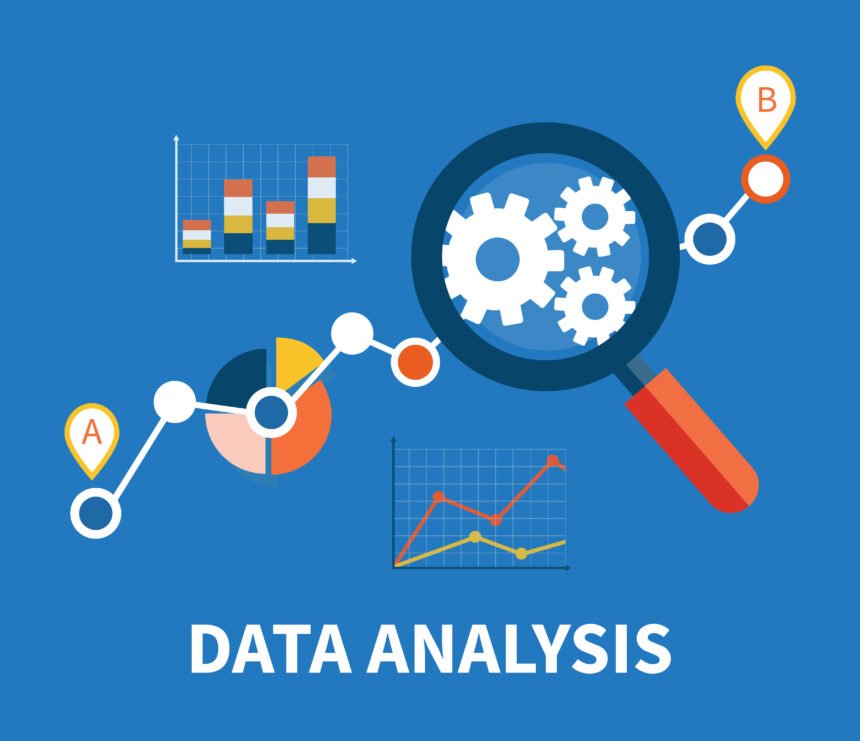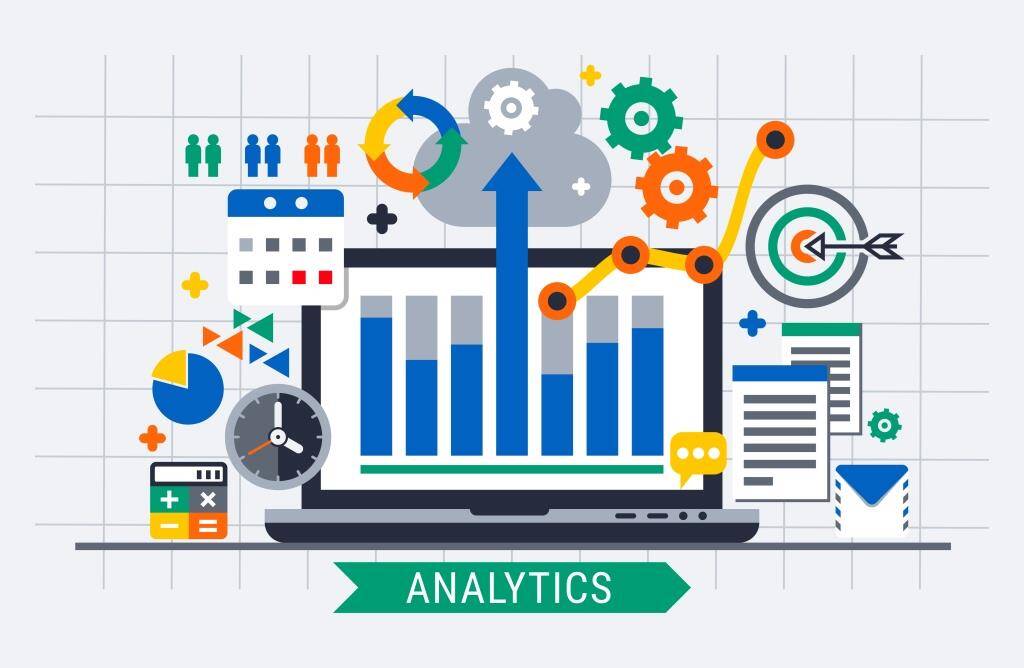Maximize Efficiency Using Real-Time Analytics Platforms
Take Full Advantage Of Growth: Just How Analytics Drive Better Methods
In today's data-driven landscape, organizations increasingly recognize the crucial function of analytics in forming effective development techniques. By using information insights, organizations can refine their operational approaches, expect market changes, and improve consumer engagement. The obstacle exists not just in gathering data but in successfully analyzing it to drive substantial end results. As we discover the vital advantages and approaches connected with analytics, an essential concern arises: just how can companies ensure they are leveraging these insights to open their complete possibility? The response might redefine the future of strategic preparation.
Understanding Data Analytics
Information analytics is a methodical computational analysis of data that makes it possible for companies to discover significant patterns and understandings. This process incorporates a variety of techniques, including analytical evaluation, anticipating modeling, and information mining, which jointly aim to transform raw data into actionable information - Analytics. By using these techniques, companies can make educated decisions that are rooted in empirical evidence instead of instinct alone
The foundation of information analytics lies in its capacity to take care of vast quantities of details from varied sources. This consists of structured information, such as databases, and unstructured information, including social networks communications and customer comments. With the usage of specialized software and devices, analysts can remove and refine this information effectively, identifying fads and relationships that might not be right away obvious.
Recognizing information analytics additionally involves identifying the value of information high quality and integrity. Accurate and trustworthy information is essential for purposeful analysis; therefore, organizations must carry out robust information governance techniques. The repetitive nature of analytics permits for continual refinement and enhancement of techniques, making certain that companies remain dexterous in the face of transforming market dynamics and customer habits.
Key Advantages of Analytics

Among the vital benefits of analytics is its capability to provide workable understandings. Organizations can swiftly examine large quantities of data, revealing patterns that might not be quickly obvious. This aids in anticipating market changes and adapting approaches appropriately. In addition, analytics promotes a society of evidence-based decision-making, minimizing dependence on instinct and uncertainty.
An additional considerable advantage is enhanced customer understanding. Analytics devices allow companies to segment their target market, track consumer behavior, and customize advertising and marketing initiatives. This targeted strategy not only improves consumer interaction yet additionally drives higher conversion prices.

Implementing Analytics Strategies
To totally recognize the benefits of analytics, organizations have to take on structured strategies for application. This starts with plainly defining objectives that align with broader company objectives. By establishing details, measurable outcomes, companies can concentrate their analytics efforts on areas that yield the highest roi.
Next, companies ought to prioritize information governance to ensure the integrity and security of the data being examined. This entails establishing up protocols for data collection, storage space, and gain access to while sticking to appropriate laws. Ensuring premium data is important for producing purposeful insights.
Furthermore, promoting a society of data-driven decision-making is crucial. This calls for training employees to translate analytics findings my response and motivating cooperation throughout divisions. When teams comprehend the worth of analytics, they are more probable to incorporate insights into their daily operations.
Finally, organizations should on a regular basis assess and fine-tune their analytics techniques. The landscape of data and technology is continuously progressing, and staying adaptable will certainly permit companies to take advantage of new devices and methodologies properly. By carrying out these structured techniques, organizations can optimize the effect of their analytics initiatives and drive sustainable growth.
Tools for Effective Analysis
Efficient analysis depends on a range of devices that help with the extraction of insights from data - Analytics. These tools can range from simple spread sheet applications to sophisticated device learning platforms, each serving a special objective in the analytical procedure
Information visualization software program, such as Tableau and Power BI, plays a critical function in transforming complicated datasets right into understandable graphical depictions. These tools make it possible for experts to determine patterns and trends quickly, permitting more informed decision-making.
Statistical evaluation software, like R and SAS, provides advanced hop over to here capacities for performing thorough evaluations, including regression, theory screening, and anticipating modeling - Analytics. These functions encourage companies to draw significant final thoughts from their data, identifying potential opportunities and risks
Moreover, database administration systems such as SQL and NoSQL databases offer the essential infrastructure for keeping and inquiring large volumes of information effectively. They guarantee that information is organized and obtainable for evaluation.
Finally, business intelligence platforms integrate different data resources, giving a thorough sight of organizational efficiency. By utilizing these devices efficiently, businesses can improve their analytical abilities, allowing them to develop approaches that make best use of growth and enhance general efficiency.
Study of Success
Effective companies often utilize data analytics to drive impactful approaches, as evidenced by numerous noteworthy case studies. By employing these understandings, Netflix has actually successfully customized its content recommendations, resulting click here to read in boosted user interaction and customer retention.

In addition, Starbucks uses information analytics to identify ideal store places and refine its product offerings. By checking out customer demographics and purchasing patterns, Starbucks successfully determines high-potential markets and customizes its menu to regional preferences, driving sales and customer commitment.
These situation research studies show that effective application of information analytics can lead to strategic advantages, fostering innovation and development within companies across different sectors.
Verdict
To conclude, the assimilation of analytics into business methods substantially improves decision-making procedures and fosters lasting development. By leveraging data-driven understandings, services can identify trends, anticipate market shifts, and maximize procedures. The efficient execution of analytics tools even more supports dexterity and advancement, allowing organizations to browse affordable landscapes with higher accuracy. Ultimately, a commitment to analytics not just drives immediate performance renovations but also safeguards lasting success in an ever-evolving market.
Information analytics is a methodical computational analysis of information that enables organizations to reveal significant patterns and insights.Comprehending information analytics likewise entails recognizing the significance of data high quality and honesty. Precise and dependable data is essential for meaningful evaluation; therefore, companies should apply durable data administration methods.Next, organizations ought to prioritize data governance to make sure the honesty and security of the information being assessed.Successful organizations usually utilize data analytics to drive impactful techniques, as evidenced by several remarkable instance research studies.